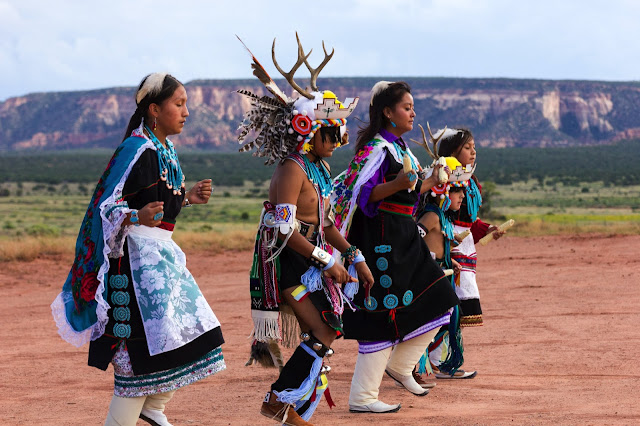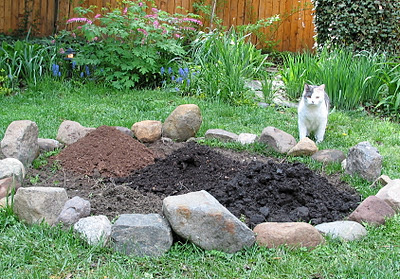Indian Child Welfare Act, three interviews; part two
This interview appeared in Indian Country Today in 2012. It was part of a year-long project supported by the George Polk Center for Investigative Reporting. For more on topics like this, see my book, American Apartheid: The Native American Struggle....
Has
the perception of Indian child welfare changed since the recent NPR series
exposing South Dakota’s IWCA problems or the CNN story on the Cherokee father
who regained custody of his daughter via ICWA?
Frank LaMere, Winnebago Tribe of Nebraska and
executive director of the Four Directions Community Center, in Sioux City,
Iowa, is a longtime advocate for
Indian child welfare who works with many Native parents and families. He talked
about what’s good, what’s bad and what needs to be done in an issue that is critical to the survival of the nation’s Native communities.
 |
| Frank LaMere. |
The media stories you mention were shared widely,
and I feel good about that—even though the CNN story was critical of the Indian
Child Welfare Act. The exposure brought attention to the plight of our children
and inspired members of Congress to ask for an investigation of South Dakota. I
wrote to the legislators involved and told them, “Don’t stop there.” South
Dakota has problems, but so does the rest of the country. They should investigate
every jurisdiction in every state. Here in Iowa, the social services department
of Woodbury County [surrounding Sioux City] has made progress, but it’s just
one of our 99 counties. Many in Iowa would still do an end-run around ICWA.
Was
the CNN story correct in stressing the emotional disruption of removing a child
from a familiar setting?
Indian families have endured exactly this kind of
disruption hundreds of thousands of times for generations. That’s the grim
reality. We have to applaud the young Cherokee father for persevering and those
in the courts for reuniting him with his child.
Why
do states that seem to comply with ICWA—or at least seem to try—still have high numbers of Native children in foster care?
We in Iowa are trying to better understand those
numbers. Native families were not identified as such in the past, and perhaps now
that we’ve drawn attention to them and are identifying them as such, the
numbers are rising for that reason. Additional data I want is tracking of individual
social workers’ records of pulling our families apart—or keeping them together.
Once we have these numbers, we need to ask
what their agencies are going to do about it. This needs to happen everywhere,
and it needs to happen now.
How
does this play out on a family-by-family basis?
I sit in on many meetings to determine the fate
of Native families—along with the judges, lawyers, social workers and others
involved—and I observe that they do not apply objective standards. If one standard
was applied to all, Native children would go home more often than not. Time
after time in these meetings, the Native parent has solved the issue—typically
alcohol or drugs—that caused the children to be taken away. The parent proudly
announces, “I’ve been sober for 22 months,” or what have you. We all
congratulate them on their new wellness, then when that conversation dies down,
a social worker inevitably says, “Well, yes, but…,” and raises a new issue. He
or she may bring up a long-resolved problem from, literally, 20 years before,
or something new. At a recent meeting, a social worker announced she’d found
dirty dishes in the sink during her last visit to the mother’s home, so the
mother shouldn’t get her kids back. I became unglued. I stressed that the
mother didn’t lose her children over dirty dishes, and they couldn’t be kept
from her for this reason. I deal with this kind of thing every single week.
How
does a Native parent fare in child-custody matters when he or she faces a
non-Native parent?
Generally not well. Right now, I’m dealing with
the worst case I’ve ever seen and the best example of how the system can fail
our families. Two severely disabled Native children were taken from their white
father, a “founded,” that is proven, child abuser. After a crisis, during which
one child ended up in the hospital, the court gave the youngsters temporarily
to their Native mother. Now the state of Iowa has decided to reunite the
children with the father, and the mother fears for her children’s lives. If I,
or any Native man, did to a child what that white father did to his children,
we would be incarcerated for many years. This is about old attitudes that make
it tough for our Native families to get justice and to convince courts that ICWA,
a federal statute, must be heeded.
Do
states have a financial incentive to ignore ICWA?
It’s a conspiracy of silence. Everyone knows our
children feed the child-welfare system. They have for a long time and will
continue to do so, because the funding is set up that way [with more children
meaning greater funding]. But those who work for the system won’t speak up. Beyond
that, many social workers and courts nationwide feel they know better than we
do about what’s good for our children. It remains for Native people to speak
up. We must keep blowing the whistle on the child-welfare system, to local,
state and national lawmakers. Only then will we have a chance to keep our
families intact.
Is
this what Four Directions does?
We at Four Directions
Community Center routinely make people in the child-welfare system
uncomfortable. Nothing changes until someone feels uncomfortable. That includes
ourselves. It is hard to confront those who control the systems that control
our lives, but we must. Our children and their futures are in jeopardy. We
have a long way to go, but we will prevail.
Text c. Stephanie Woodard; photograph courtesy Frank LaMere.

